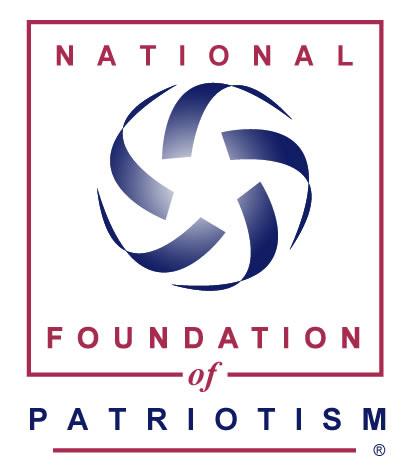Carnegie Medal
The Carnegie Medal is a civilian award bestowed to a person who voluntarily risks his own life, knowingly, to an extraordinary degree while saving or attempting to save the life of another person.
The Carnegie Medal is awarded by the Carnegie Hero fund Commission.
The act of heroism must have occurred in the United States, Canada, or the waters thereof (12 nautical miles). The act must be brought to the attention of the Commission within 2 years of the date of its occurrence. And there must be conclusive evidence of the act’s occurrence, the risk to the rescuer, and the rescuers degree of responsibility.
“The act of rescue must be one in which no full measure of responsibility exists between the rescuer and the rescued.”
Those not eligible for awards are: Those whose duties in following their regular vocations require them to perform such acts, unless the rescues are clearly beyond the line of duty, and members of the immediate family, except in cases of outstanding heroism where the rescuer loses his or her life or is severely injured. Members of the armed services and children considered by the Commission to be too young to comprehend the risks involved are also ineligible for consideration.
To read more about Carnegie Medal recipient and dear family friend of NFOP, read this post about Lt. Colonel Jimme Dyess.


